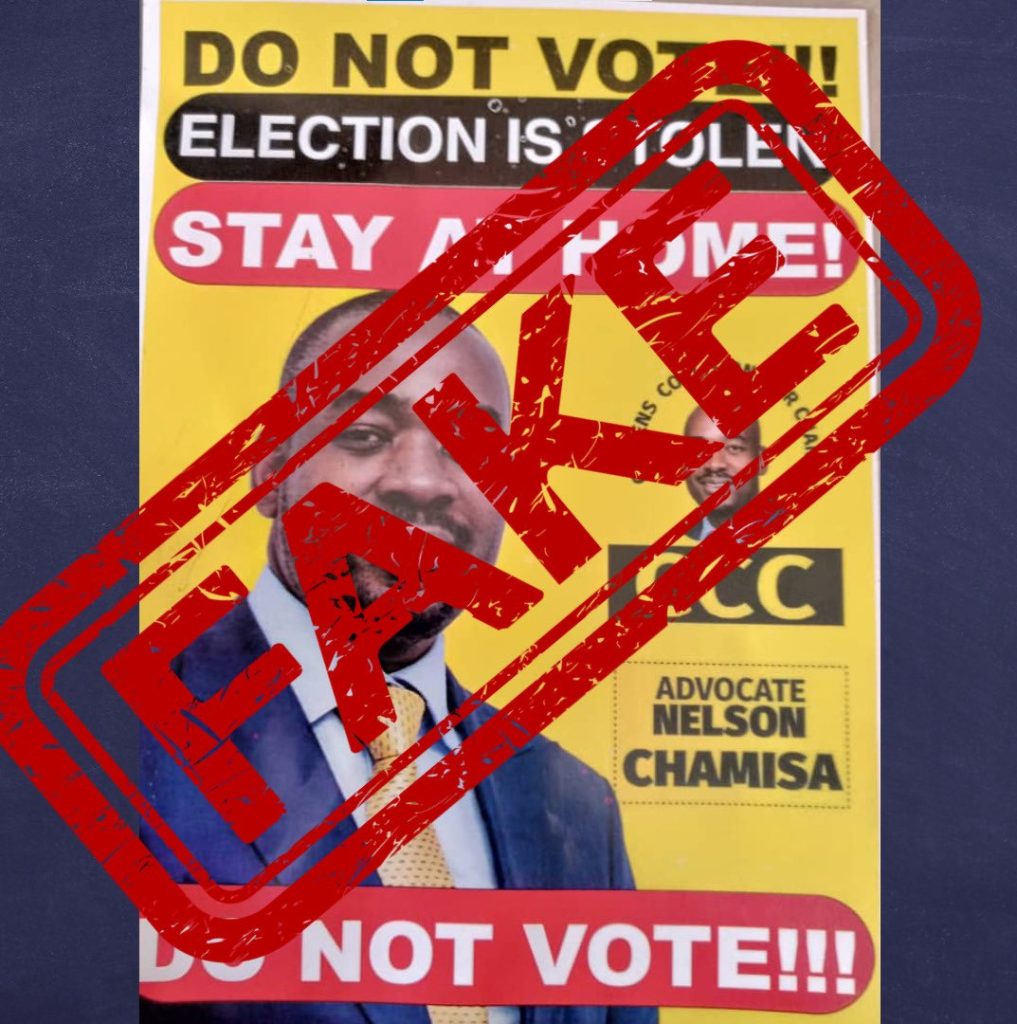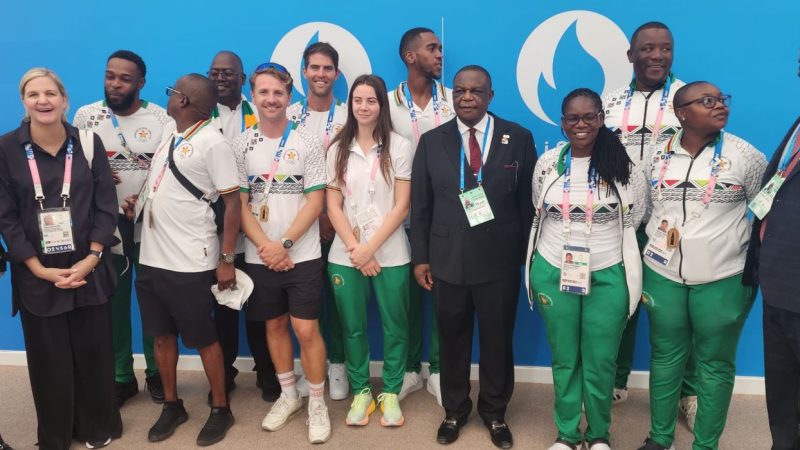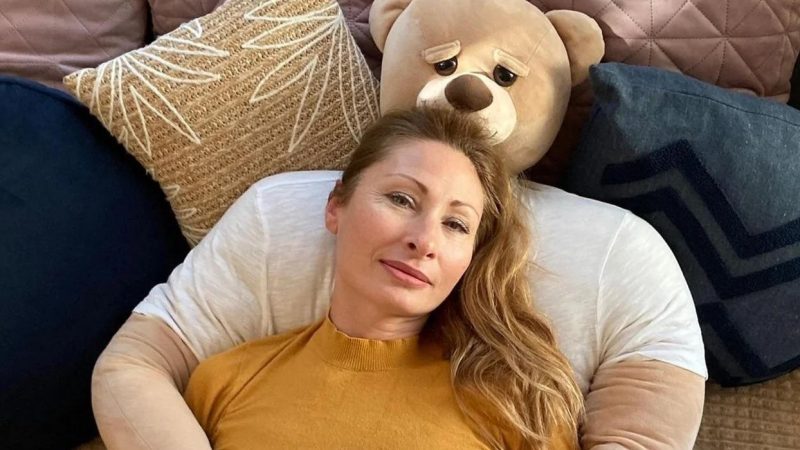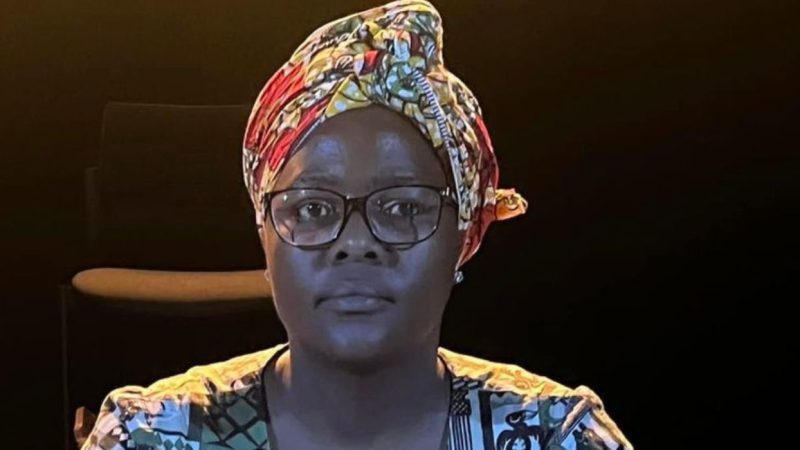A short Election Day story from Zimbabwe
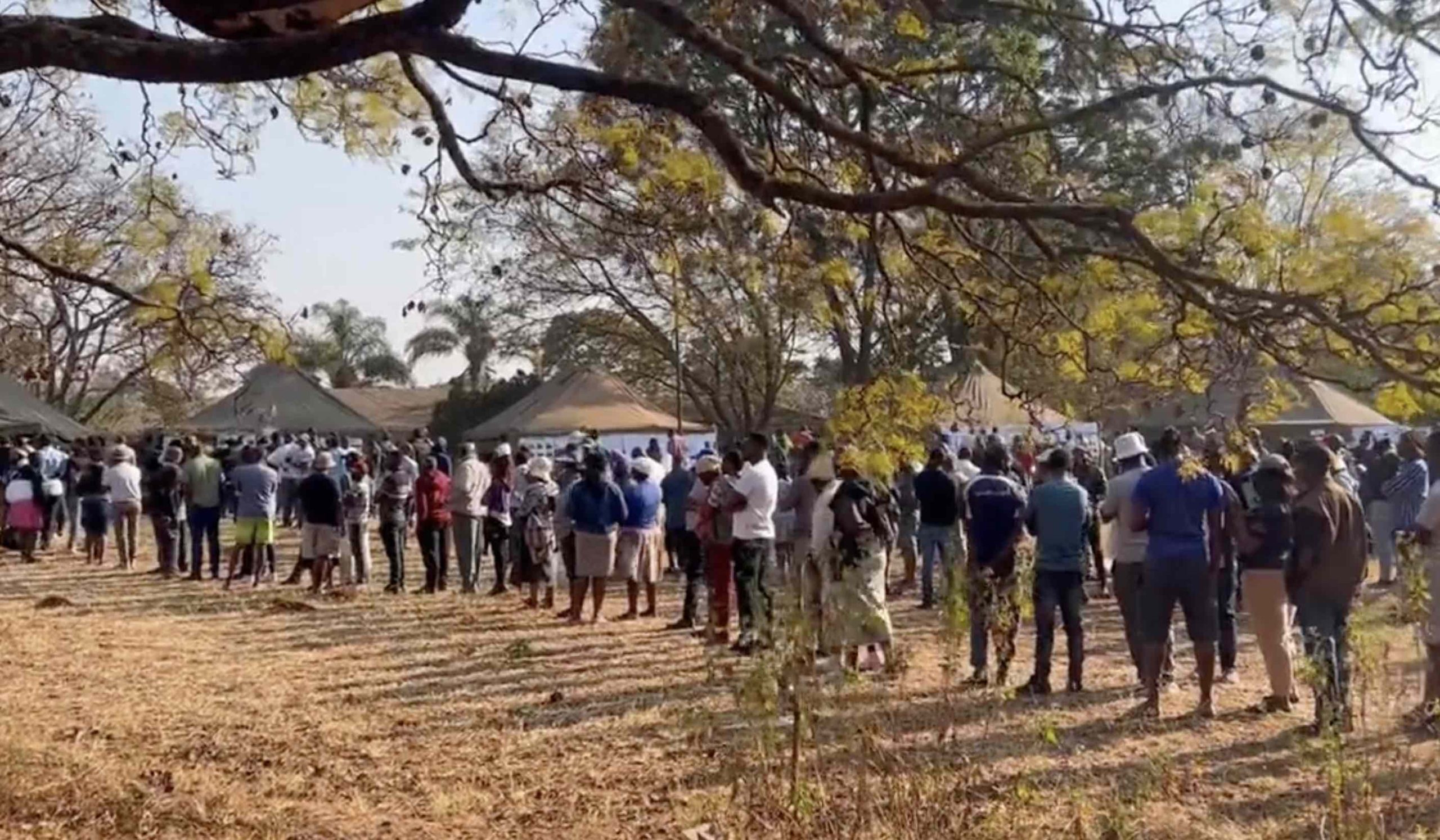
August 23 was a day every registered voter in Zimbabwe was looking forward to, for many months. It was the day set aside for the country’s tripartite harmonised elections. With an equal measure of anxiety, excitement, and patience, we waited for the day to arrive. And when it finally arrived, our anxieties, excitement and patience quickly turned into despair, hopelessness, and restlessness.
Nothing could have prepared us for the unsavoury experience we encountered in the voting queue on election day. So unsavoury an experience it was that I wouldn’t hesitate to conclude it to be the worst-managed election in the history of our country.
In this article, I share my firsthand experiences of voting day in Harare, Zimbabwe’s capital. The tone and style used is deliberately informal, to make it edible to that reader with no appetite for hard news, especially at this time when so much is happening on the continent, from the BRICS Summit in South Africa to the situation in Niger.
EARLY BIRDS
I got up early to join the queue at my polling station housed inside Hatcliffe High School in Hatcliffe constituency, North of Harare. The constituency became a stand-alone unit following the delimitation exercise which saw it being weaned off Harare North constituency.
It is quite a big and significant constituency in Harare, encompassing the greater Hatcliffe residential community, a part of Borrowdale suburb and Pomona East. Pomona East houses the much talked about Pomona City, an ambitious ‘city within a city’ high-end development project by West Property.
Despite being an early bird, I showed up at my polling station to find a fairly long queue already formed outside the school premises by ‘earlier birds’. Some, I learnt, had been in the queue as early as 4 AM. As the sun started to rise over the Borrowdale Brooke hills, more and more people trickled in, elongating the queue bit by bit.
Earlier in the dead of the night, fliers bearing the picture and name of main opposition’s CCC presidential candidate, Nelson Chamisa, had been splashed along roads, streets, at shopping centers and near polling stations. “DONT VOTE”, declared the print in bold. “THE ELECTION IS RIGGED. THE ELECTION IS STOLEN. STAY HOME”. The fliers, in full colour and printed on gloss, lay in contrast with the same party’s fliers and posters distributed a few hours earlier, urging the people to vote for its candidates.
This, clearly, was the hand of a ‘mysterious’ third party trying “soft” tricks to discourage voters in perceived opposition strongholds.
But the blatantly fake propaganda fliers did little to turn people away. In trickles, in cliques, in swathes, people continued to pour in, and the que grew longer and longer. We literally trampled on the “DONT VOTE” fliers as we maintained our positions in the ques.
Some enterprising hawkers moved up and down the ques, selling COVID-19 face masks to the people. After realising there was little uptake and demand for their merchandise, the vendors devised a plan to coerce people into buying the masks.
“No mask, no voting vabereki, be warned!” They lied to the people.
The trick managed to work. A sizeable number of people reached for their wallets for loose change to purchase a mask. I didn’t flinch. I was too informed to fall for such a low lie. In fact, I told one of the unscrupulous hawkers to stop lying to the people, a bold move which earned me a hateful eye and an unpleasant retort.
THE LONG WAIT
When the clock struck 7AM, we shuffled feet in our queue, ready for the gates to open. Of course, we didn’t expect the gates to open at exactly 7am, things don’t run on a super oiled clock in our part of the world. We gave them at least twenty minutes to remember to open the polling station. But when thirty minutes passed without anyone remembering to open the gates, we started realising something was wrong. This wasn’t entirely a case of not remembering to open the polling station on the stipulated time.
By 8 o’clock, restlessness had already gripped the people in the long, winding queue. An hour past the starting time and still no official communication had been issued by the election officers in charge of our station. Soon, we learnt via WhatsApp, Facebook, and X that our predicament wasn’t unique at all. Prospective voters in other parts of the city found themselves stranded in dead queue with no official communication from authorities. Those that were lucky to be communicated to by authorities said the delay at their stations was a result of local government ballot material which was yet to be delivered. And as we continued browsing through social media for updates, we realised the missing ballot material predicament was not just limited to Harare. Voters in other cities and towns like Bulawayo, Chipinge, Marondera and Victoria Falls echoed the same frustrations.
Still, we waited. The clocked continued ticking away. We struck conversations with each other in the que. We cracked jokes. We shared news tidbits from online sources. The sun rose higher in the sky, putting a strain on some, especially the elderly. 9 o’clock came, and still we waited. Some threatened to give up and go home. Some did not say anything but quietly disappeared from the ques and were never seen again. Some sat in the dust, some lay sprawled on the khakhi grass, some remained standing on their feet, arms akimbo, resolute.
Thirty minutes after 9, when the restlessness had taken maximum toll on everyone, a press photographer in a ZMC branded jacket showed up, snapping away photos of the restive que. Some people, thinking the journo could be some kind of authority, bombarded him with questions.
“What the hell is going on? Why hasn’t the voting started yet?”
The journo replied between takes;
“There is a shortage of ballot paper for the councillors. Officials are camped at Command Centre to collect the papers as we speak. It will be here anytime.”
“But what time is anytime?” Queried any angry man.
“Hey, don’t be angry against the guy. He is just a media person”, said another man.
“But who cares about councillors anyway? They should just let us vote for the Presidential and Parliamentary candidates, whose ballots are there. We will deal with the councillors issue some other day! “Another man shouts in, stirring a gust of laughter from the tense multitude.
It wasn’t until some minutes after 10 o’clock when, suddenly, the weary crowd got jolted into activity. A ZEC branded minibus carrying election cargo drove into the gates of the polling station. At last!
In under 30 seconds, the fragments of despair that had become of the voters swiftly assembled to form one long, vibrant que once again.
MY NAME IS NOT WRITTEN ON THE WALL
Inside the polling station, we were asked to check for our names in the copies of the voters’ roll pasted outside the voting buildings. One would also know which polling block they would vote in. This station had three blocks, A, B and C. Now this exercise was nothing but raw pandemonium, upheaval, and chaos. You had hundreds, if not thousands, of people jostling to catch a glimpse of their name on a wall before rushing to join the right queue before it got too long.
I, just like many others, couldn’t find my name under the column I expected to find it on. I was shattered at first but vowed to remain put until my name surfaced on the wall, one way or the other. I was super confident my name was there, and this was my polling station. I wasn’t lost. Someone, in a show of empathy towards my case, volunteered to go help me look for my name once again. He went but returned with no good news.
Hopelessness creeped upon me. I thought I had fallen victim to the ZEC’s infamous shenanigans of making voters names disappear from the roll. I was about to go and look for my name at the nearby polling station when suddenly an idea hit me. I remembered that some days prior, I had made an inquiry on the WhatsApp based application; Citizens Platform, about my voter’s status and it had sent me information about my polling station among other things. I quickly consulted the message, and voila! there it was the information directing me to my correct voting block!
Wasting no time, I pushed my way to Block A, scanned my eyes up and down the rows and columns of sheets pasted on the wall. It took me less than a minute to spot my name, hidden away in the lower row! I must admit, had it not been for the application, there was no way I could have found my name on the voter’s roll.
GAMES TO PLAY IN THE VOTING QUE
So, after finding my name on the wall, the last hurdle awaited, joining the actual voting queue. The time had already gone past 11, and ballot casting was officially now underway. Forget hunger, forget thirst. The biggest enemy to deal with now was the que. The obscenely winding que. It was shaped like an S. Then it changed into a C. At some point it looked like an O. No matter how much it changed shape, the que hardly moved. Each queue had two sub-ques: a sub queue for women, and another for women with babies on their backs and the elderly.
Watching the queue and all its tributary queues can be wearing, so we engaged in small conversation with each other until we got tired and escaped to our phone screens until our phones ran out of power. Still the queues didn’t move. We looked in the sky to count the clouds, but the sky was clear blue and cloudless. Some slipped home to find food, some remained standing in the queue, resolute. Some went to the nearby bottle store to imbibe in a bottle or two and returned drunk, only to find us still rooted in the same positions they left us in. We yawned, we scratched our heads, we rubbed our faces, but still the ques didn’t move. With my phone battery dead, and no clouds to count in the sky, I found myself indulging in a pass time of spotting for interesting names of voters on the wall next to me. I managed to found names that fascinated me; Guinea, Mamwadhu, Jotina, Confidence, Witness, Media…
It wasn’t until after roughly ten hours later (from the time I arrived at the polling station) when I was finally admitted into the polling block.
The process inside the block was strangely quicker. From getting your name spotted and crossed in the voters roll to being issued with your three ballot papers; the whole process didn’t take more than two minutes.
Safely behind the ballot booth, I loosened all the tension that had crippled my body since early morning and allowed all the frustration, hunger, thirst, agony, and anger to ooze onto the ballot. I voted with my heart, I voted with my soul. I voted with my head, I voted with my hands, and legs, and all of me. After oozing my grief onto the ballot papers, I took time to verify that indeed I had oozed out all the grief onto the ballot papers and that I had done it the right way. I had all the time in the world to make sure and make sure again, as many times as I want. After being satisfied, I finally folded the papers. But even after folding the papers, an urge to recheck the ballot papers once again hit me and I couldn’t resist. For the umpteenth time, I checked the ballots. Satisfied, I folded them and walked out of the booth to deposit them into their respective boxes. Again, I made extra sure I was depositing the right ballot into the right box. All this under the watchful eyes of election agents sitting at the front of the room.
That done, I walked out of the room, a breeze of chivalry and accomplishment under my wings. I had done my part towards the quest and pursuit of the Zimbabwean dream, the collective vision of a country we all love.

